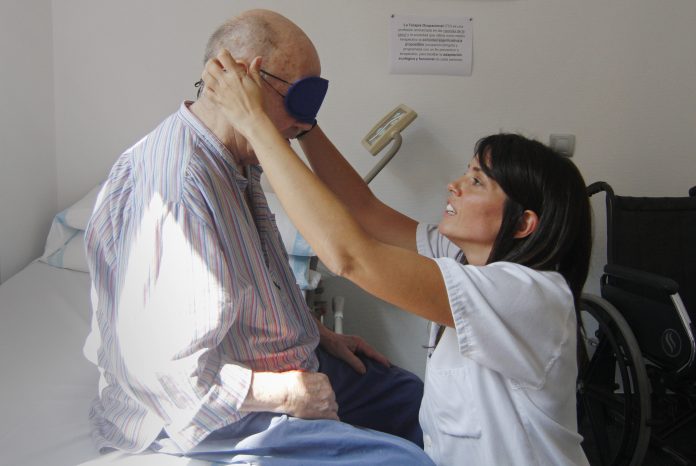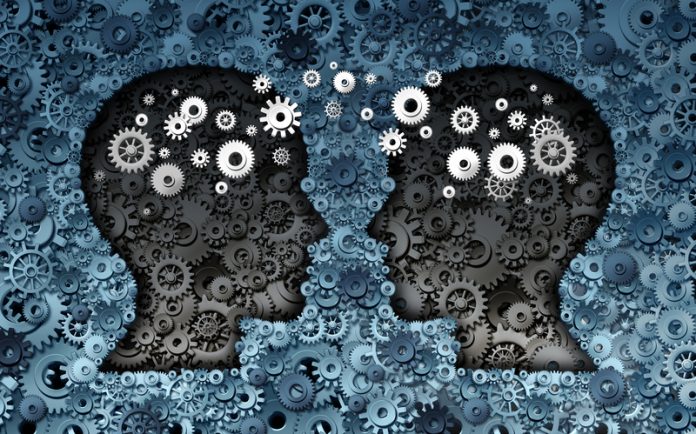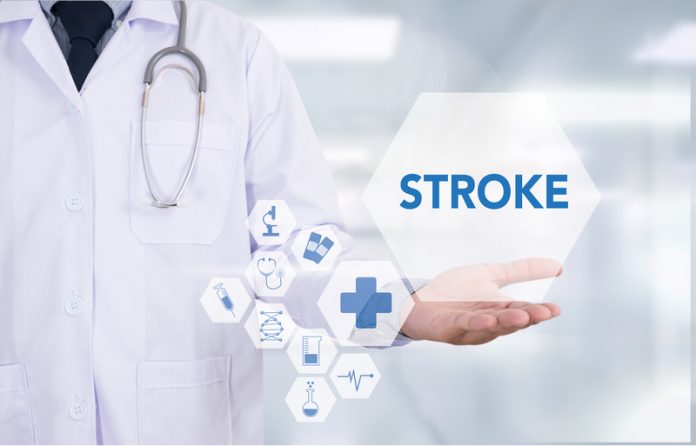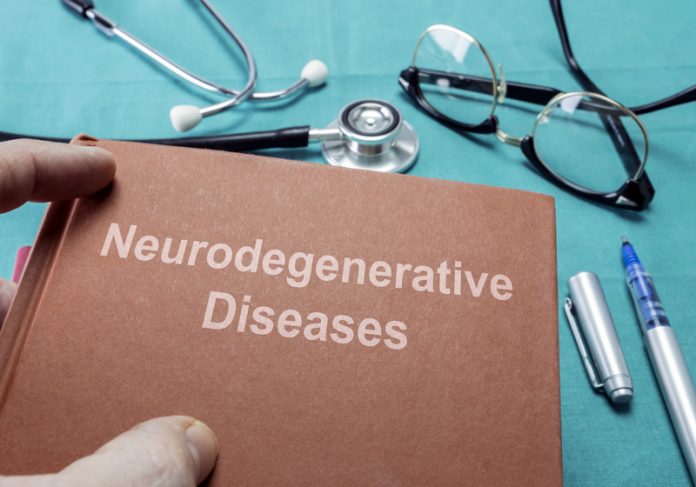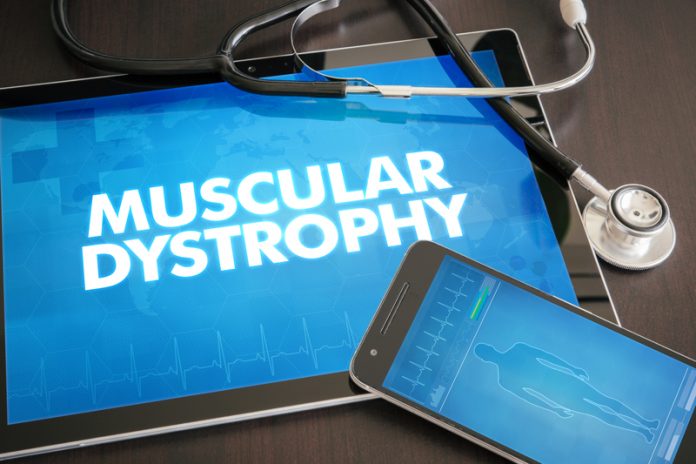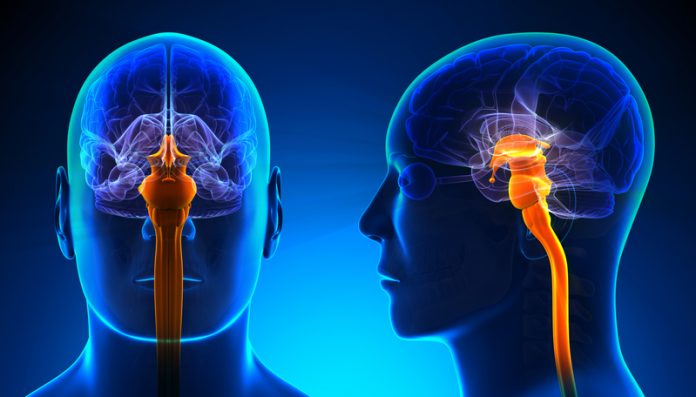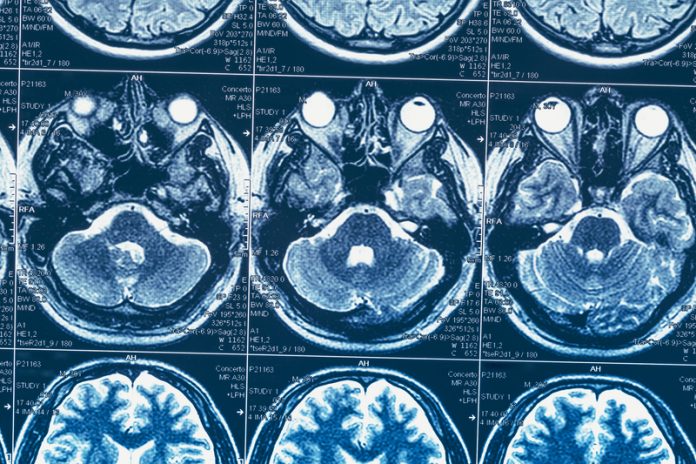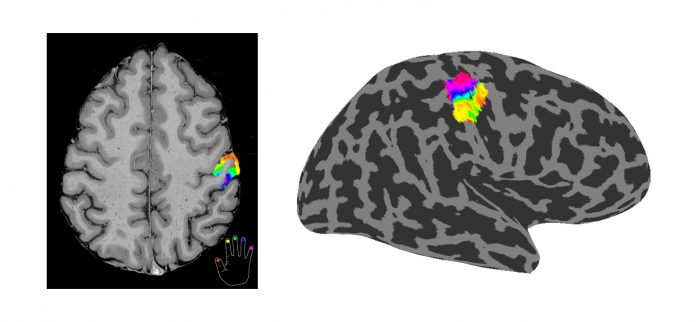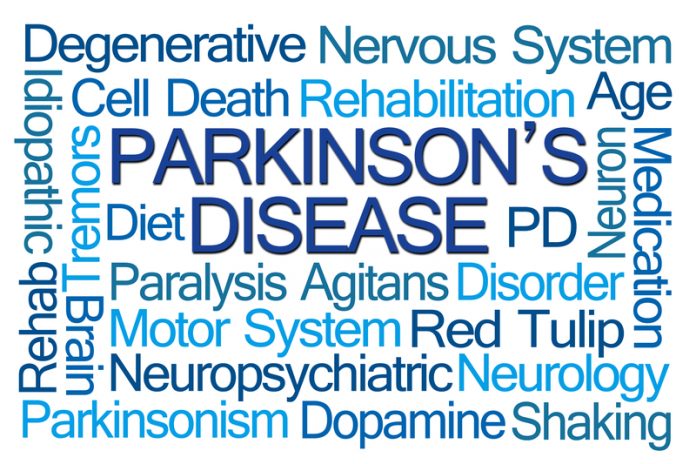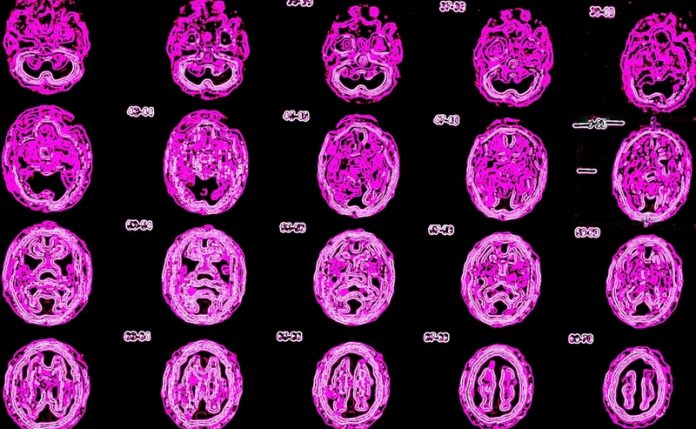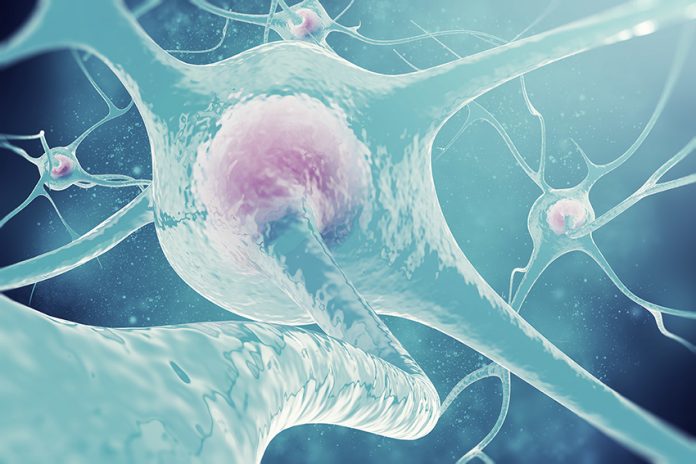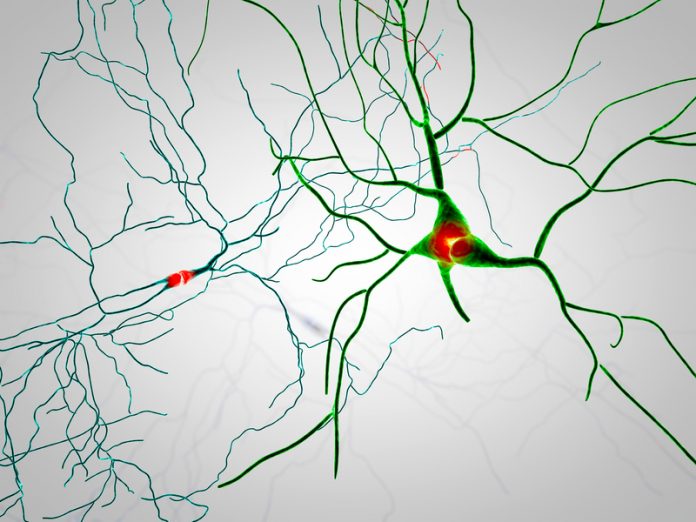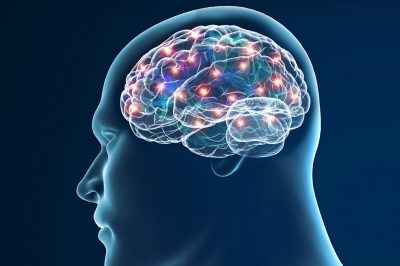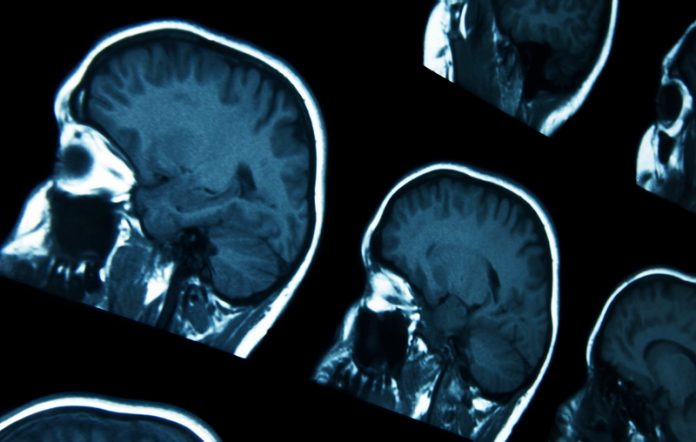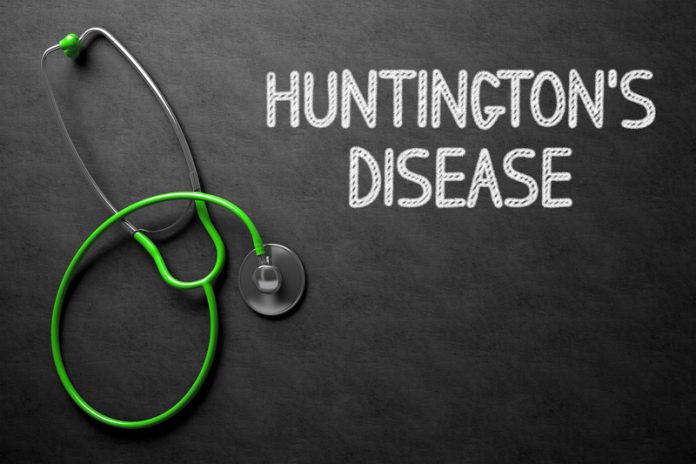Neuroscience Related Content
Stroke recovery: The exciting trends of the future
Steven A. Kautz, Professor at the Ralph H. Johnson VA Medical Center and the Medical University of South Carolina College of Health Professions gives a glimpse into the future trends for stroke recovery research.
Supporting social and behavioural science improves the quality of life
Dr Arthur Lupia, Assistant Director, Directorate for Social, Behavioral, and Economic Sciences (SBE) at the National Science Foundation (NSF) in the U.S. provides a compelling glimpse into how supporting social and behavioural science improves the quality of life.
Reducing the burden of neurological disease: A focus on stroke research
Open Access Government looks at the wider work of The National Institute of Neurological Disorders and Stroke in the U.S. when it comes to reducing the burden of neurological disease and how they are supporting stroke research
Central Auditory Physiology Laboratory
Dr. Sanchez discusses his research into the auditory system in order to develop therapeutic approaches for people with hearing impairment
Neurons within the auditory pathway utilise specialised biophysical properties to precisely encode elements of sound important for normal hearing.
For individuals with hearing impairments – like age-related hearing loss, auditory neuropathy, and central auditory...
Neurodegenerative disorders in the U.S.
The vital work of the National Institute on Deafness and Other Communication Disorders (NIDCD) and The National Institute of Neurological Disorders and Stroke (NINDS) are explored here by Open Access Government, with a special focus on neurodegenerative disorders.
The key issues around muscular dystrophy (MD) in Europe
Boris Šustaršič, President of the European Alliance of Neuromuscular Disorders Associations shares his thoughts on the key issues around muscular dystrophy (MD) in Europe today
Developmental neurotoxicity testing – the need for a new approach
Professor Lein discusses developmental neurotoxicity and the critical need for a new approach to identifying and regulating chemicals that interfere with normal brain development.
ALS researchers begin recreating human spinal cords on a chip
NIH-funded study closes in on personalised drug testing for neurological disorders
Brain Awareness Week: Stress from others can alter your brain
Scientists from the Cumming School of Medicine’s Hotchkiss Brain Institute (HBI), have discovered that stress from others can change the brain in the same way as real stress does
New research of the eye could alter the way stroke patients are assessed and...
Research into curious bright spots in the eyes on stroke patients’ brain images could one day alter the way they are assessed and treated
A team of scientists at the National Institutes of Health found that a chemical routinely given to stroke patients undergoing brain scans can leak into their...
MRI and MEG imaging of human sensory disorders
Professor Susan Francis of the Sir Peter Mansfield Imaging Centre, University of Nottingham explores how state-of-the-art imaging methods can be used to study human sensory disorders (the sense of touch)
The somatosensory system transmits nerve impulses pertaining to tactile, proprioceptive, thermal, nociceptive and affective sensations. There have been significant advances...
Positive progress for people with Parkinson’s
The European Parkinson’s Disease Association (EPDA) provide an update about the positive progress being made for people with Parkinson’s
My PD Journey is a multi-stakeholder European coalition led by the European Parkinson’s Disease Association (EPDA) and it is a positive development in terms of the positive progress being made for...
Alzheimer’s as a spectrum disorder: The promise of precision medicine
Emory University’s Stuart Zola considers the case for classifying Alzheimer’s disease as a spectrum disorder and the promise of precision medicine as an intervention.
PET imaging of neurodegenerative diseases
Prof. Dr Axel Rominger from the Ludwig-Maximilian-University of Munich on how neurodegenerative diseases can be studied through PET imaging
Alzheimer’s disease: Treatment failures and future directions
A paradigm shift is needed if researchers are to find a successful for treatment for Alzheimer’s disease, argues Ai-Ling Lin of the Lin Brain Lab.
Treatments and symptoms of Parkinson’s
Prof. David Dexter, deputy director of research at Parkinson’s UK shares his thoughts on the symptoms of Parkinson’s and the chances of finding a cure
Remembering repeated events: Memory in children
Dr Kim Roberts, Professor at Wilfrid Laurier University, conducts research to discover how children use memories when recalling traumatic events.
The challenge of mental disorders: European neuroscience answers the call
Executive Director of the European College of Neuropsychopharmacology (ECNP), Alexander Schubert looks at how science is unravelling the complexity of the human brain
Imaging cerebral blood flow with single capillary resolution
Experts from the European Laboratory for Non-Linear Spectroscopy and the Neuroscience Institute reflect on cerebral blood flow (CBF)
The symptoms of Huntington’s disease
Chief Executive of the Huntington’s disease Association, Cath Stanley explores the symptoms, causes, and the vital role of research within the field



